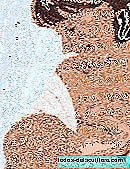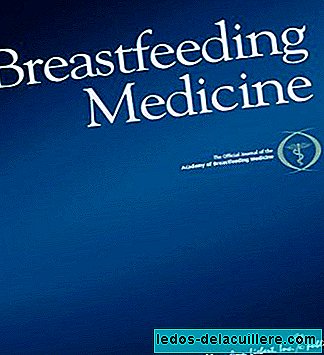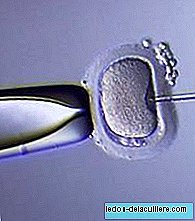
In addition to the countless advantages it has for the baby, breastfeeding is also beneficial for the mother. Several investigations have found conclusive results on its protective power against breast cancer, also pointing out that in case of recurrence, the woman is 28% less likely to die from the disease.
Why is abandonment of breastfeeding related to increased risk of breast cancer? Because with the milk secretion, the mammary gland completes the cycle it has during pregnancy, that's why interrupting it "at the peak" conditions the appearance of alterations that can initiate oncogenic mutations.
"Breastfeeding the child is closing the functional physiological cycle of the mammary gland and protecting women from breast cancer," said Antonio Llombart, president of the Valencian Institute of Oncology Foundation (IVO), and vice president of the Spanish Association against cancer (Aecc).
The oncologist explains that producing milk is the physiological function of the mammary gland. "Disrupting it at the moment it works at its highest degree of expression, conditions the appearance of alterations in the life of the gland cells with an early death (apoptosis) that can initiate phenomena of oncogenic mutations."
According to WHO recommendations, the period of exclusive breastfeeding is 6 months and then supplemented with solid food for at least two years of the child's life.
Breastfeeding is one of the recommendations to avoid breast cancer contained in the European Code against Cancer in Spain, a code that includes twelve ways to adopt healthy lifestyles and promote cancer prevention, such as avoiding tobacco, alcohol and excessive sun exposure, and getting vaccinated against the human papillomavirus.
Every year about 250,000 new cases of cancer are registered in Spain and just over 100,000 people die from this disease, of which there are more than two hundred classes and with different prognoses.












